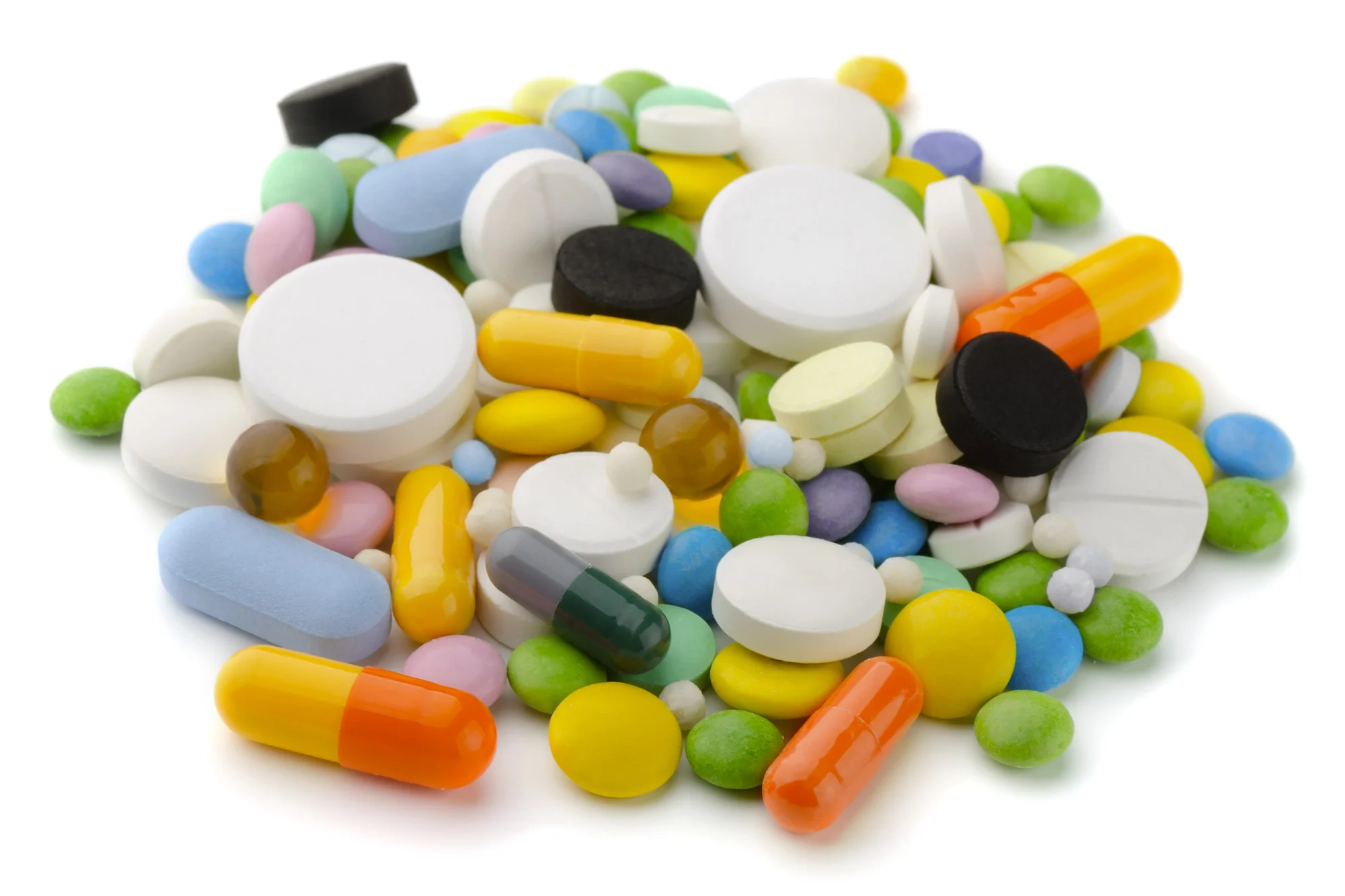Here’s what you should know about those hard to pronounce “Other ingredients” listed on dietary supplement labels, right underneath the “Supplement Facts.”
Examining your label carefully? As you read through, you may find some obscure sounding ingredients, like Hydroxypropyl Methylcellulose or Vegetable Stearate. While these ingredients might sound a little suspicious at first glance, each serves a purpose in the manufacturing process. During manufacturing, small quantities of certain ingredients need to be added to optimize delivery in a capsule, tablet, or softgel. These ingredients function as binders, fillers, and excipients and are widely used in packaged food, over-the-counter and prescription medications, and nutritional supplement manufacturing.
When manufacturing any vitamin or pharmaceutical capsule, binders and fillers act as the necessary base for the contents. They keep the powder together and the formula stable for consumption. Excipients are inactive ingredients that serve as the carrier vehicle for active ingredients. While some binders, fillers, and excipients are created synthetically, many come from plants. The good news is that all of these substances are recognized safe for use by the FDA and are added in quantities that do not cause negative health effects. Over time, as consumers have expressed a desire for so-called “cleaner” labels — meaning the product contains all, or almost all “natural” ingredients — more manufacturers are using less synthetic binders and fillers. It is important to understand, though, that “synthetic” doesn’t mean it’s necessarily bad for you.
Here’s a list of common binders, fillers and excipients:
Artificial Colors: Used to enhance the look of supplements, some artificial coloring is natural while others are not. Some people are allergic to artificial coloring.
Calcium Phosphate: Helps to keep the tablet from breaking apart in the bottle. Composed of calcium and phosphorus, which are nutritional minerals.
Carrageenan: Vegan thickening agent derived from red seaweed. While a few studies suggest it may cause gastrointestinal distress and inflammation that would only occur at high intake levels.
Citric Acid: Flavoring and preserving agent produced from highly purified corn.
Croscarmellose Sodium: A “wicking agent” used to draw moisture into a tablet so it breaks apart quickly in the stomach, where it should, so the contents can be properly absorbed.
Gelatin: Used for capsules and sofgels. (Not vegan.)
Hydroxypropylmethylcellulose: (HPMC) Plant-based substance used for capsule coatings.
Hypromellose: Another form of cellulose from plant fiber used to make vegetarian-friendly capsules.
Stearic Acid: A saturated fat that functions as a binding agent for compression of the tablet.
Silica Dioxide: Also known as “silica.” Functions as a filler to maintain shape of the capsule so it doesn’t collapse during the bottling process.
Rice flower: Powered rice, also functions as a filler.
Titanium Dioxide: Coloring agent for white tablets, imparts white color to the tablet coating.
Magnesium Stearate: Excipient used as a lubricant in capsule manufacturing to help the material flow through the encapsulation machine without sticking. Composed of magnesium (a nutritional mineral) and stearic acid derived from vegetable oil.
Microcrystalline Cellulose: Plant fiber. Indigestible; passes unabsorbed through the digestion system.
Vegetable Wax: Binds ingredients together; passes right through the body unabsorbed.
Xylitol: Non-caloric sugar substitute. May be referred to as a “sugar alcohol” but is not the same as the “alcohol” in alcoholic beverages. Xylitol and other related sweeteners such as Sorbitol and Mannitol, are safe and approved for food products and dietary supplements. Xylitol helps fight cavities and is used in “anti-cavity” chewing gums for that reason. Sugar alcohols can occasionally cause stomach discomfort if consumed in large quantities, but the amount used in dietary supplements are generally not an issue for the average consumer.
Being aware of all the ingredients in your products is always a good thing, especially for those with food restrictions for dairy, wheat, shellfish, and gluten. Know that with binders, fillers, and excipients, all are recognized as safe for use and are used in very small amounts. Not all are 100% “natural,” but that does not mean they are harmful to your health. Before purchasing a supplement, look closely at its Supplement Facts Panel, particularly the “Other Ingredients” section, and buy a vitamin that contains the right ingredients for you.









